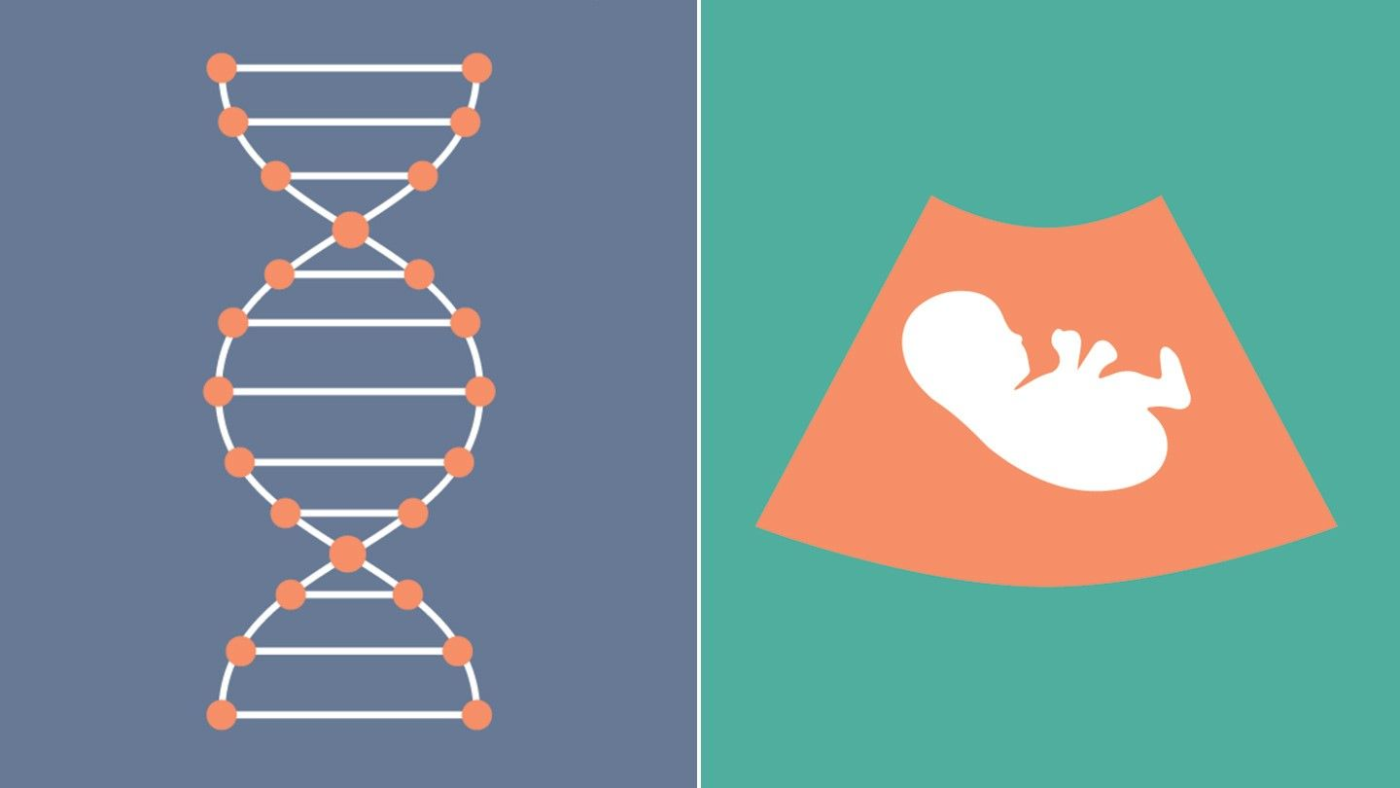Holiday
Down syndrome: How many types are there and is it genetic?
Down syndrome is the most common chromosomal disorder and a leading cause of both physical and mental disabilities in children. Down syndrome does not yet have a universal cure because it affects each person differently.
What is Down syndrome?
Called Trisomy 21 is a condition caused by a genetic disorder. This syndrome is a condition in which cells divide abnormally, resulting in a baby being born with some or all of the extra chromosome 21.
Normally, a baby is born with 46 chromosomes: 23 from the father and 23 from the mother. However, babies with Down syndrome have an extra copy of chromosome number 21, or triploid 21. This extra chromosome affects the mental and physical development of a child.
There is currently no research on exactly why Downs occur. On the other hand, the scientists also added that women over the age of 35 have a higher risk of having a baby with Down.
For example, a woman in her 30s has about a 1 in 1000 chance of conceiving possibly having Down syndrome. This rate increases to about 1 in 400 at age 35 and about 1 in 100 at age 40.
Genetic variants of Down syndrome
Down syndrome has three genetic variants. Usually, with the naked eye, it is impossible to tell the difference between each form because the outward appearance (physical and behavioral characteristics) is quite similar. Therefore, to distinguish these variants, it is necessary to look at the chromosomes.
Trisomy 21: about 95% of people with Down syndrome have this form. Every cell in the body has 3 separate copies of chromosome 21 instead of the usual 2. It is caused by abnormal cell division during the development of an egg or sperm cell.
Translocation Downs: accounts for a small percentage (about 3%). This syndrome is caused by a segment of chromosome 21 sticking to another chromosome before or after fertilization. Children with this syndrome have 2 normal copies of chromosome 21 and have extra genetic material from chromosome 21 attached to another chromosome.
Mosaic Down syndrome: About 2% of people with Down have this form. The word “Mosaic” means mixture or combination. In children with mosaic Down some cells have 3 copies of chromosome 21, while others have two normal copies of chromosome 21. This abnormality is caused by abnormal cell division after fertilization.
Researchers say that Downs is caused by an extra chromosome. However, no one knows for sure why Down syndrome is present or the factors that influence it.

Is Down syndrome hereditary?
In most cases, Downs is not passed on from parent to child. Down syndrome is caused by errors in cell division during early fetal development. However, translocation of Downs is a case where parents pass it on to their children. Usually, only about 3 – 4% of children with Downs translocation are inherited from the child’s father or mother.
How does Down syndrome affect children?
Each child with Down may present with developmental and intellectual problems that can range from mild to severe. Some children are healthy while many others have significant health problems such as serious heart defects. Each child with Down syndrome has different facial features, but in general, there are some common features including:
- Plane
- Small head
- Short neck
- Short person
- Tongue protruding
- Eyelids slanted upwards
- Ears that are irregularly shaped or small
- Wide, short hands with a crease in the palm
- Relatively short fingers and small hands and feet
- Small white spots on the iris (the colored part of the eye) are called Brushfield spots.
- Babies with Down syndrome may be of average size, but usually, they grow slowly and are shorter than other children of the same age.

Health problems associated with Down syndrome
Some children with Down syndrome have no health problems, but others may have medical conditions that require more aggressive medical care, such as:
- Heart defects: about half of the children with Down have some type of congenital heart defect. Heart problems can be mild or life-threatening and require early surgery.
- Gastrointestinal anomalies: Possible gastrointestinal problems include abnormalities of the intestines, esophagus, trachea, and anus. This increases the risk of digestive diseases: gastrointestinal obstruction, heat (gastroesophageal reflux), …
- Immune disorders: Due to abnormalities in the immune system, children with Down syndrome are at increased risk of developing autoimmune disorders, some forms of cancer, and other infectious diseases.
- Sleep apnea: due to changes in soft tissue and skeletal system leading to higher airway obstruction during sleep than in the general population.
- Obesity: People with Down are more likely to be obese than the general population.
- Spinal problems: Some children with Down syndrome may have a misalignment of the top two vertebrae in the neck. This condition puts the child at risk of serious damage to the spinal cord from the excessive impact of the neck.
- Leukemia: Children with Down are at high risk of developing leukemia.
- Other problems: Down can also be associated with other health conditions, including endocrine problems, dental problems, ear infections, and hearing and vision.
Some gifts for WSDS – March 21


Rock Your Socks Down Syndrome Awareness T-Shirt
Support and help the people who unlucky on down syndrome day

Conclusion
Understanding and taking timely interventions will help a person with Down syndrome live to the best of their ability. Hopefully, this article by Happyinktee will help you get more useful information related to Down syndrome.

